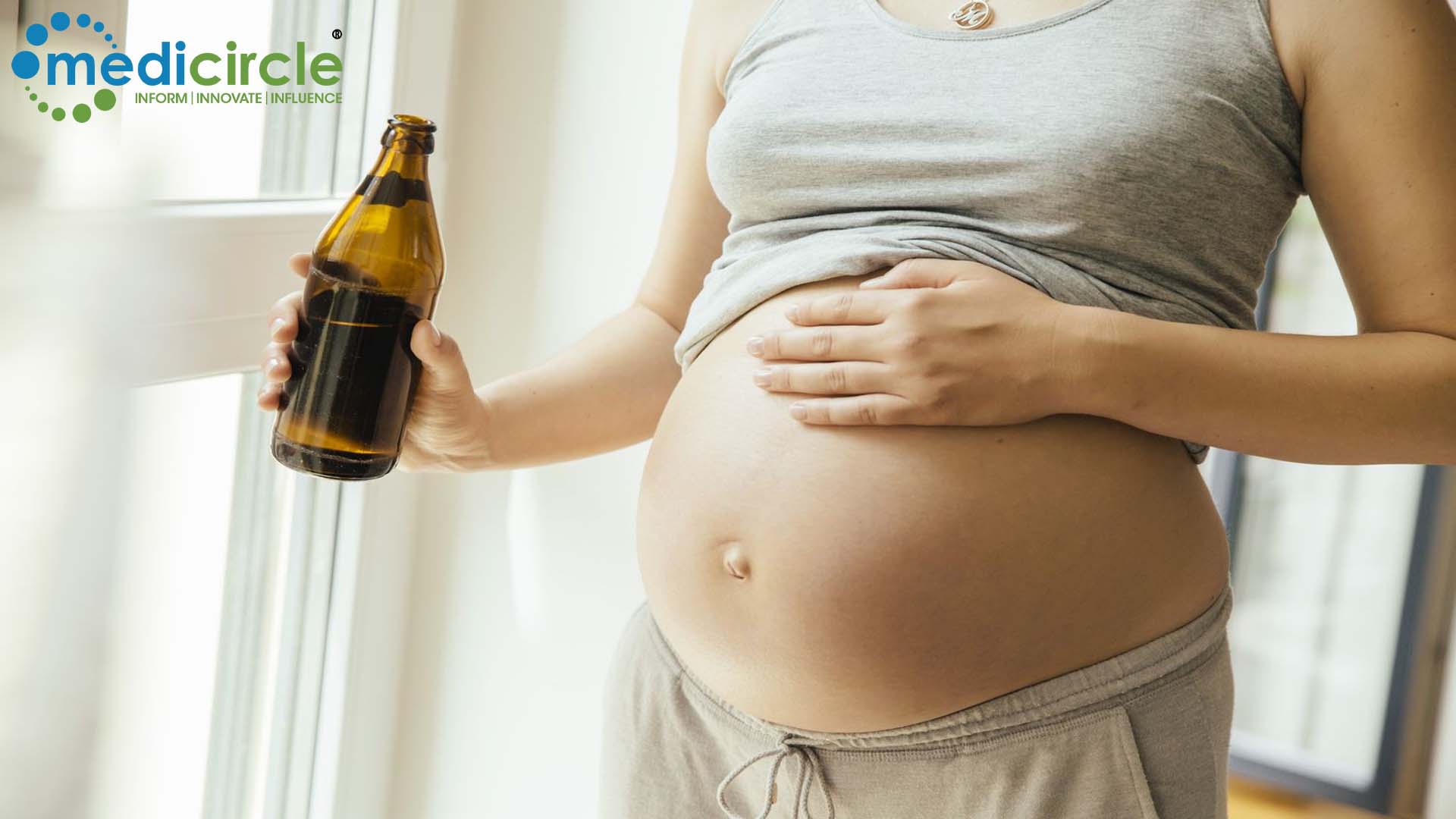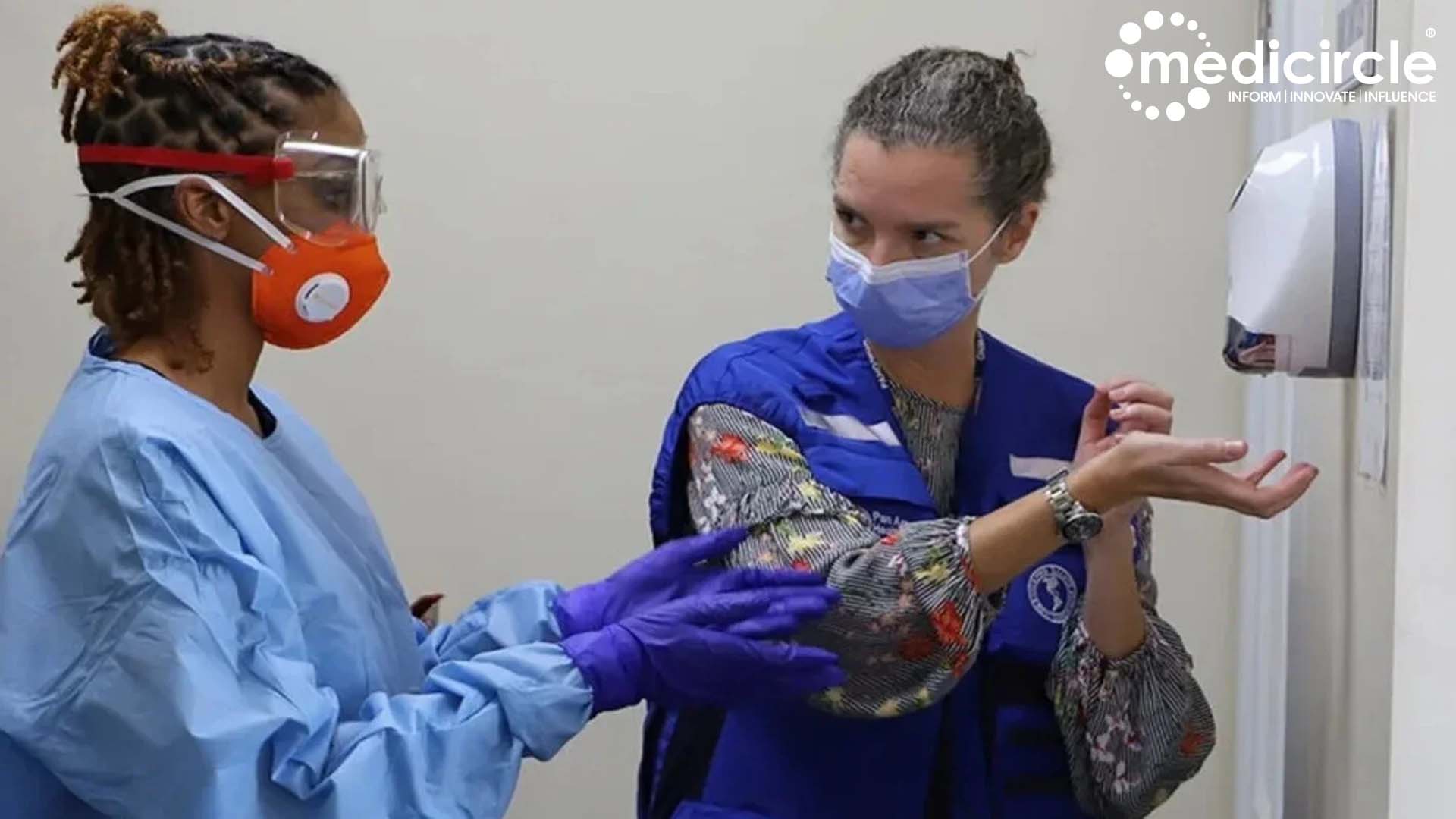The Government of India declared the national safe motherhood day in the year 2003. It became the first country to do so. It is an initiative of the white ribbon Alliance to raise awareness about adequate access to care during pregnancy, childbirth, and the postnatal phase. White Ribbon Alliance is a coalition of global partners working together to mobilize grassroots efforts to generate worldwide attention and make safe motherhood a priority for governments and international organizations. National safe motherhood day is observed each year in India on the birth anniversary of Kasturba Gandhi, wife of the father of the nation, Mohandas Karamchand Gandhi. India is one of the high-risk nations as far as childbirth is concerned. 15% of the world's maternal deaths take place in India due to improper care during pregnancy. 44,000 women die every year during childbirth. Through this series, we aim to raise awareness about safe motherhood.
Dr. Sangita Chauhan Mahajan is an Aesthetic Gynecologist. She has been a Consultant at Ekveera Hospital for the last 16 years. She has performed more than 200 Non Descent Vaginal Hysterectomy. She has been honored as a speaker and chairperson at various National and International conferences. In 2016 Dr. Sangeeta was awarded the best women achiever's award by the Lokmat group. Her areas of special interest are Aesthetic Gynecology and new innovative techniques for Ob-Gyn Management Ultrasonography and Fetal Medicine.
India has a high maternal mortality
Dr. Sangita informs, “India is a developing country, we have a high maternal mortality rate compared to developed countries. This is because of the high prevalence of infection, high fertility rate, and inadequate health facilities in rural areas and especially in slums of urban areas. 20% of the reason accounts for the direct obstetric that's due to the pregnancy and 80% of the causes accounts for the deaths related to the pregnancies. Direct obstetric causes include hemorrhage during pregnancy or immediately after delivery. The hemorrhage, which is during pregnancy is called antepartum hemorrhage. And after delivery, it is a postpartum hemorrhage. And also because of the lack of blood transfusion facilities which are not available in the rural areas, the women may succumb to death. The second cause is obstructed labor, especially in rural areas, there is a tendency to deliver the pregnant lady at home and because of this, at the time of delivery, the baby may get stuck into the vagina because of the narrow pelvic cavity and which leads to obstructed labor and because of the lack of transport facilities, again these women may succumb to death and leading to increasing in the maternal mortality. The third is increased high blood pressure leading to eclampsia. Another important cause is sepsis during pregnancy leading to endotoxic shock. All these direct causes increase maternal mortality. Indirect causes like nutritional anemia, pregnancy malaria, delay in diagnosis, or delay in transferring patient to tertiary care level when required. These are some of the causes that lead to an increase in maternal mortality,” says Dr. Sangita.
Empowering women
Dr. Sangita suggests, “Pillars like family planning, antenatal care, obstetric care, postnatal care, post-abortion care and control of STI HIV and AIDS are very important to ensure safe motherhood but is possible only if we follow them and implement them. This can be attained by the proper education of men and women. Education regarding personal health hygiene, reproductive health, the importance of contraception as when to use the contraceptives, importance of family planning. These are some of the areas where we can educate and empower women not only physically but mentally, socially, and financially also. Making the facilities available in rural health areas. Especially at the root levels of the obstetric care unit, there should be technical facilities like blood transfusion facilities, emergency obstetrics drugs, and transport facilities. This way we can resolve this issue up to some extent.”
Do’s and don’ts of pregnancy period
Dr. Sangita mentions, “Early marriages are prevalent in some parts of the country, early marriage leads to the early child. Thus, age is an important factor. Whether a woman wants to continue the pregnancy or that is an unwanted pregnancy, that is also another concept. If she doesn’t want pregnancy, she can consult Obstetrician who can give medicine for terminating a pregnancy. But if she wants pregnancy then there are some Dos and Don’ts. Listing out do’s and don’ts she says, “Once you have your urine pregnancy test positive, you can visit Obstetrician and follow the instructions given by the Obstetrician.
- Women should follow all the investigations to be done during the pregnancy like ultrasonography to screen the baby, to know the health of the baby, to rule out any congenital malformations or structural deformities during pregnancy.
- She should follow her diet chart properly. The diet should be a nutritious, protein-rich diet, should include green leafy vegetables as well.
- She should continue doing her physical activities. Mental health is also important because there may be some psychological problems because of the hormonal changes in the pregnancy. She can do workouts, meditation, and yoga for this.
- Proper immunizations during pregnancy are also mandatory. Tetvac dose and some flu shots to avoid the viral infection in the pregnancy.
- Intake of folic acid tablets as an iron supplement.
Don’ts – The women should not smoke or drink alcohol, should not have excess coffee and tea. She should not eat outside products, junk foods. Papaya and pineapple fruit should be avoided during pregnancy because there may be the possibility of the uterine contraction and unnecessary abortion,” speaks Dr. Sangita.
Signs to visit a gynecologist for sure
Dr. Sangita warns, “There are some warning signs that women should not neglect it and should visit gynecologist like
- Vaginal bleeding, pain in the abdomen is fine but if it is associated with vaginal spotting or vaginal bleeding, she should visit the gynecologist.
- If there is pain with severe abdominal cramps, then there is a possibility of uterine contractions, threatened abortion, and the possibility of preterm delivery.
- If there is a certain gush of watery discharge out of the vagina, then there is a possibility of rupture of membranes and preterm vaginal delivery.
- If she has severe headaches and blurring of vision. These are the signs of increased blood pressure, seizures, and convulsions during pregnancy. So, she should visit the gynecologist.
- If she has a fever with an increase in the cough or sneezing. She should not neglect all these things, especially during this pandemic. If she has breathlessness, palpitations, she should visit the obstetrician.
- If she experiences lesser fetal movements then also, she should have a visit,” emphasizes Dr. Sangita.
Dr. Sangita adds, “Healthy motherhood stands for the healthy baby and a healthy mother. A healthy baby with a healthy mother forms a healthy family. A healthy family signifies a healthy society and a healthy society represents a healthy nation. Thus, a healthy Indian woman represents healthy India.”
(Edited by - Renu Gupta)
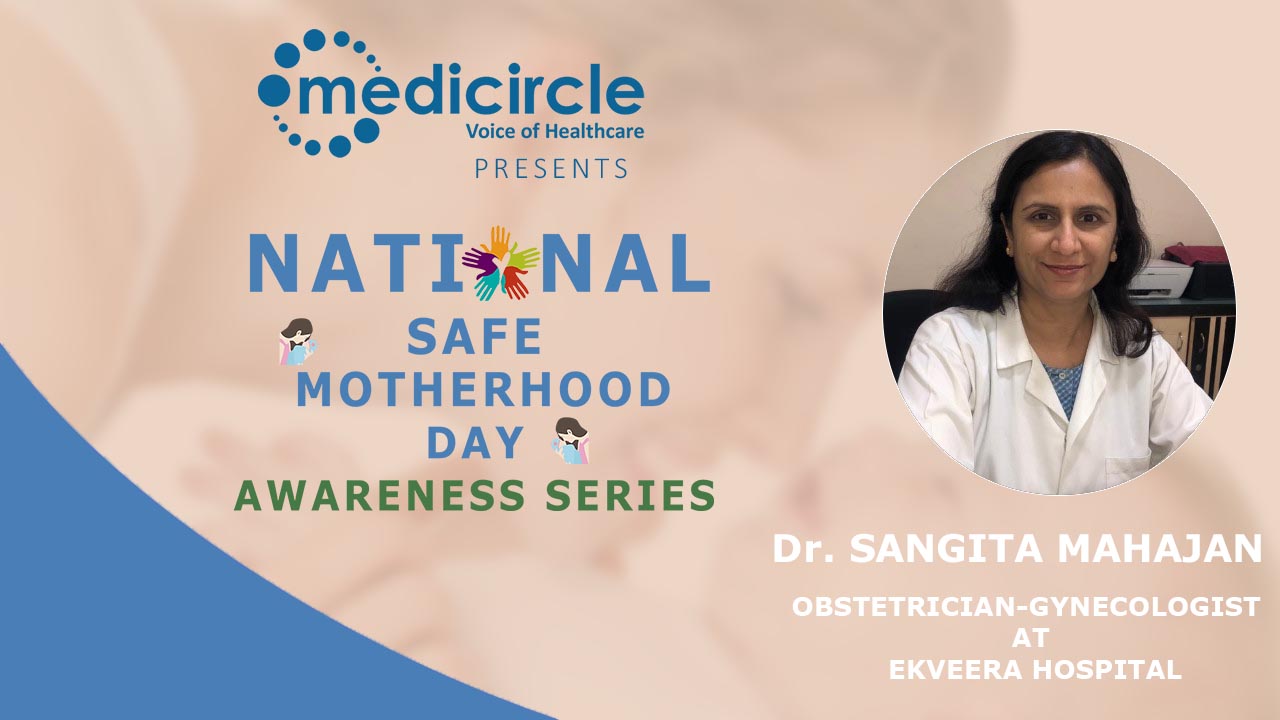
 “Proper education regarding personal health hygiene, reproductive health, the importance of the contraception, importance of family planning, are some of the areas which can empower woman not only physically but mentally, socially and financially also,†Dr. Sangita Chauhan Mahajan, Aesthetic Gynecologist
“Proper education regarding personal health hygiene, reproductive health, the importance of the contraception, importance of family planning, are some of the areas which can empower woman not only physically but mentally, socially and financially also,†Dr. Sangita Chauhan Mahajan, Aesthetic Gynecologist















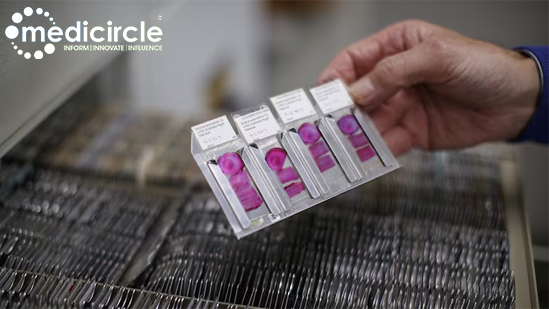
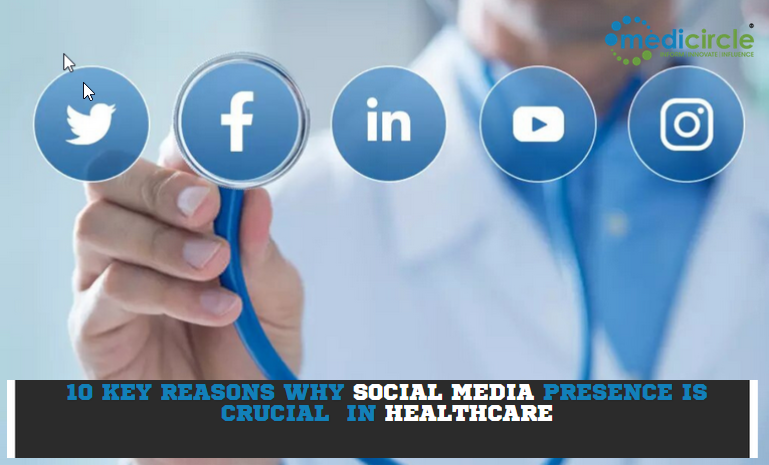


.jpeg)





